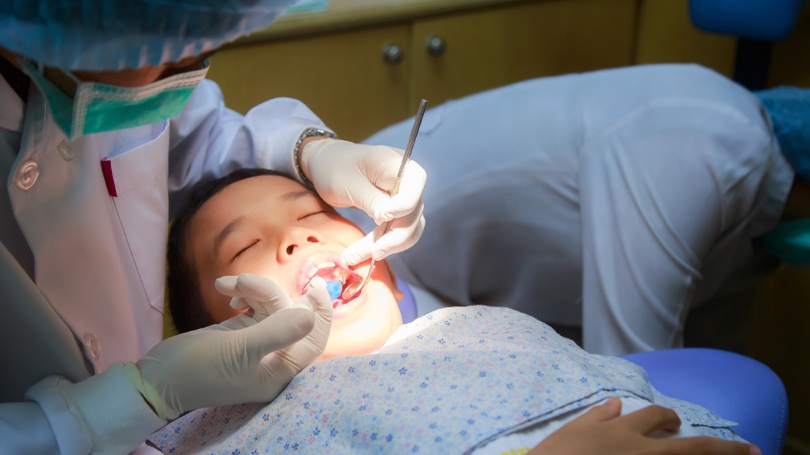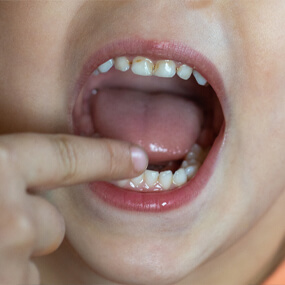Pit and Fissure Cavities: Prevention and Treatments

Only the common cold affects more people than tooth decay. In the United States, the Centers for Disease Control and Prevention estimates that more than 90 percent of adults between 20 and 64 have had a cavity in the last three years, and in about 33 percent of those cases, it remains untreated. Among the most common areas for tooth decay to occur are the pits and fissures of your teeth.
What Are Pits and Fissures?
When it comes to your teeth, the term pit refers to a minor surface depression, and the term fissure refers to a groove that naturally forms on a chewing surface. Pits and fissures are most often associated with your molars and premolars because these are the teeth with the most chewing surface area, and fissures tend to be more pronounced on molars since those teeth are notably larger.
How Do Pit and Fissure Cavities Form?
Pits and fissures have evolved naturally in teeth because they aid in chewing food. The problem is that food particles can become trapped in these depressions and grooves. This leads to the formation of dental plaque that produces acids, which attack your tooth enamel. The enamel will wear over time, and a cavity will form. Food particles and plaque are removable through regular brushing, but the posterior positioning of these teeth can make them difficult to clean, which is why regular dental cleanings and exams are so important.
How Do You Prevent Pit and Fissure Cavities?
Preventing such cavities begins at home with consistent oral care. You should brush your teeth with fluoride toothpaste two times a day for two to three minutes at a time. Be sure to clean every side of every tooth, and now that you are aware, you can pay special attention to molar fissures.
Your dentist will also help you to avoid these cavities through regular exams, cleanings, and fluoride treatments. Your dentist may also recommend sealants, which fill your pits and fissures and make it much more difficult for food particles and plaque to be trapped. Sealants are often applied as soon as the permanent teeth arrive, but dentists recommend them to patients later in life as well.
How Are Pit and Fissure Cavities Treated?
Treatment depends on how advanced the tooth decay. Caught early enough, your dentist may simply recommend an over-the-counter oral care product that aids in remineralization. If the enamel has eroded, then an oral restoration will be required. Dental fillings are common for minor to medium decay, but if the decay is more severe and the tooth structure is compromised, a dental crown will be required. If the dental pulp has been compromised, it may be necessary to perform root canal therapy and then place a crown.
Prevent Pit and Fissure Cavities
Consistent oral care at home is essential to preventing pit and fissure cavities, but it also necessary to visit your dentist regularly so that such oral health issues can be caught in the earliest stages. If you currently have a pit and fissure cavity, Jeffrey D. Clark, DDS, will work with you to save the tooth. The team at Scottsdale Cosmetic Dentistry Excellence will also help you prevent such cavities in the future through regular cleanings and checkups and personalized advice concerning oral care and pit and fissure sealants. Schedule your appointment by calling us today at 480 585 1853.




